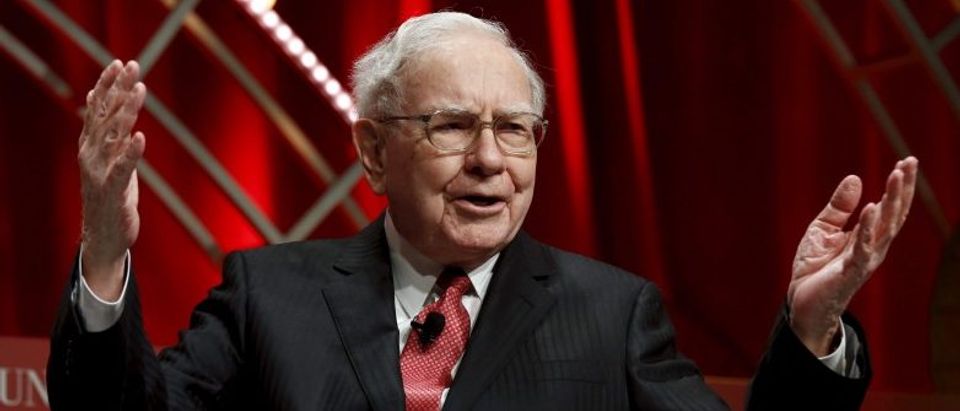A rage has been building in this country. Monuments are being ripped from podiums that represent an institutional view Americans can no longer relate to. It would be a mistake to assume this anger originates only from the recent protests followed by the killing of an unarmed black man. This dissatisfaction traces its roots back for decades. Inequality in matters of civil liberties, opportunities and wealth has divided the United States into the “haves and have nots.” Empty platitudes will do little to quell this anger. Liberal businessman Jeff Bezos, who actively supported the protesters, found his Washington DC mansion is no longer safe from the same crowd.
The underlying reason for the growing disconnect between Americans is the income gap that only grows more each year. We must start somewhere in our effort to alleviate this discontent.
Some would argue that the capitalist system that has driven so much innovation in this nation has failed. That would not be accurate. The problem is false solutions and political rhetoric that prevent most Americans from enjoying the same opportunities as the so-called “elite.”
Bernie Sanders’ famous pitch that all the evil in the world is caused by the “top 1% of the 1%” gained momentum due to the massive income inequality this country is facing. Another Democrat presidential candidate, Elizabeth Warren, went on to pitch the idea of a wealth tax. Some progressive Democrats also claimed that no one should be a billionaire. Surveys show that many Americans favor some form of socialism.
This will inevitably mean a return to demonizing the wealthy who created jobs. However, the “tax the rich” proposals championed by Sanders and Warren are ineffective. Warren Buffett — the legendary investor and one of the world’s wealthiest men — frequently complains he is bothered by the way the system that earned him his wealth, taxes him on it. He pays too little in taxes, he complains.
As a successful investor who started investing in his early teens, Buffett knows how to protect his money, but the average 9-5 employee who punches a clock at Walmart does not. Buffett could easily ask Bernie Sanders or Elizabeth Warren to introduce a bill in Congress that would tax certain individuals like him on the net asset value of their securities holdings. Such a tax is seldom discussed, as attention is always diverted to income or capital gains taxes. Many tax pundits talk about these tax rates quite frequently, especially during the presidential election season. However, they don’t talk about the taxation of the net assets they hold in the form of securities. Most of the wealth is the value of the asset, hence the conversation around “gains” is misleading. It is unlikely that any billionaire in this country would sell all their assets held in securities and trigger a capital gains event. Could you imagine Buffett selling all his stocks in Berkshire Hathaway or Bezos selling all his stakes in Amazon for cash?
In order to narrow the income gap, Buffett should encourage his portfolio companies to increase the salaries of their employees and grant a meaningful number of stocks in the company so that all employees at least have exposure to the same class of stocks that make Buffett wealthy.
Why? Let’s compare the different income methods of an average Joe flipping burgers at McDonald’s to Warren Buffett. Buffett is wealthy not because of the amount of money he has in the bank, or even how much he pays himself in salary. He is rich because of the value of the securities that he owns.
Buffett does not earn a billion dollars a month working 9-5; his securities value appreciates even when he is not working. He appreciates in value, whether he is playing golf or sleeping. Compare this to our average Joe. He works 8-hours a day for a fixed price per hour. Joe earns a salary but gains nothing else flipping burgers because he has no assets held as securities. If he takes a day off to play golf, he loses his potential hourly wages.
Assets gained through investment are the leading driver of wealth, while the wages of the salaried employee have remained relatively stagnant since the 1980s. For example, the S&P 500 composite index grew from 92 in 1977 to over 1,476 in 2007. As the prices of these companies’ stocks grew, the payoff of that growth was disproportionately distributed to the wealthy, as lower- and middle-income families are less likely to expose what little they have to the stock market. In contrast, hourly compensation for nonsupervisory workers rose 9% during roughly the same period. Figuratively speaking, this is like a swimmer racing a speed boat — the gap will only widen. While fewer employees and their depressed wages benefit the net profits of Berkshire Hathaway thereby boosting it’s stock price, many employees survive on government food stamps. The reasons behind stagnant wages are not discussed. It wouldn’t be prudent for GEICO to pay a six figure salary to a data analyst when it could easily find one for half of that price due to an abundant labor supply.
Considering Buffett’s willingness to pay higher taxes, Bernie should provide him relief by sponsoring a bill that would tax Buffett on the asset value of the securities he holds. Taxing the net asset value of all securities Buffett holds would enable him forking over the tax money he so desperately wishes to pay. What’s more? The taxes generated could be used to create a Main Street Venture Capital Fund to finance the companies of entrepreneurs who would otherwise have no access to capital to start their businesses. This would further reduce wealth inequality.
Ash Shrivastav is a venture capital investor at a San Francisco based investment firm.


